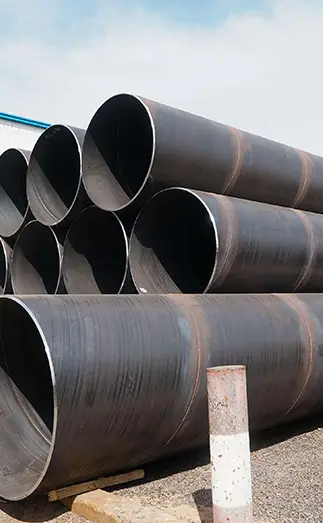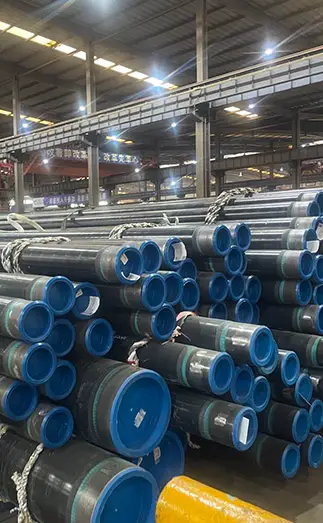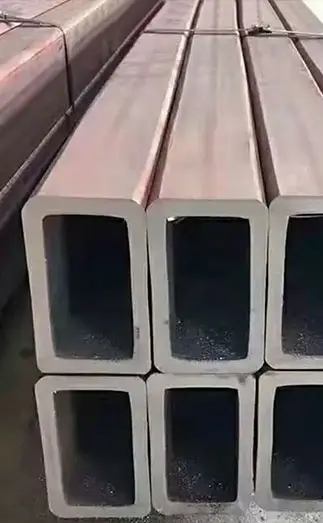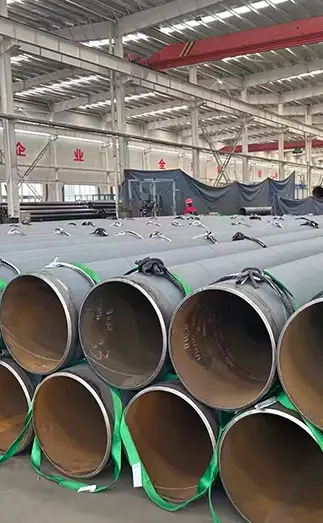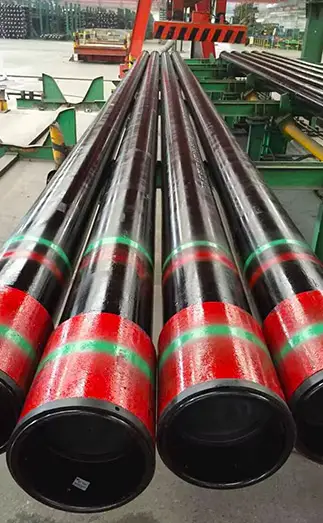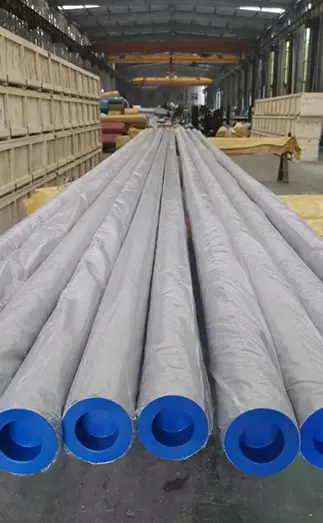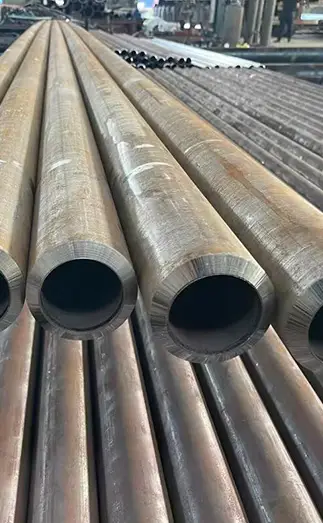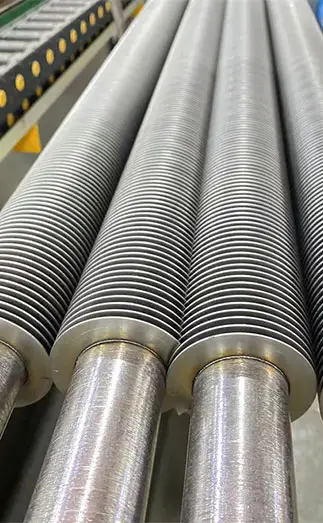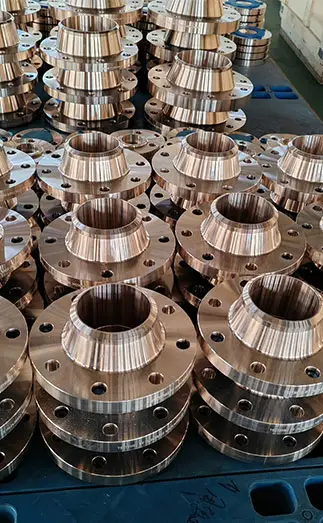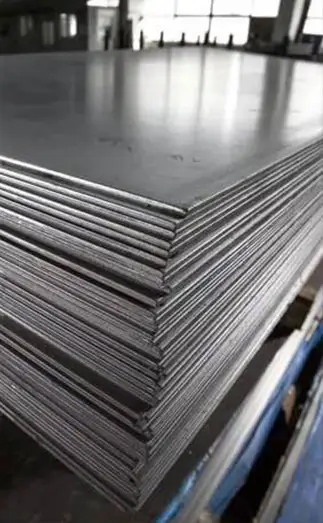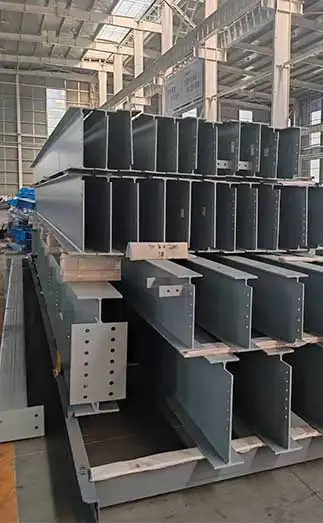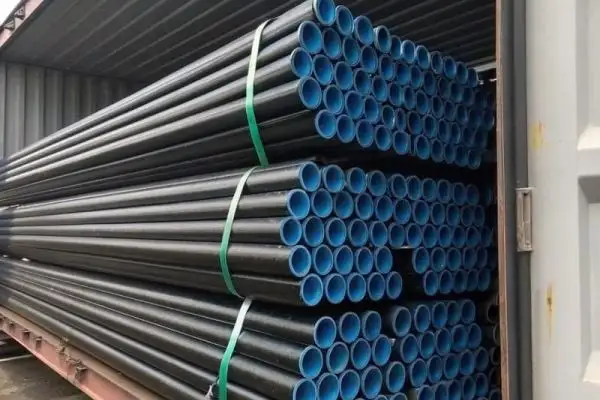Copper-nickel pipes, commonly used in marine, chemical, and industrial applications, are produced in accordance with various standards to ensure their quality, performance, and compatibility with specific applications. In the United States, copper-nickel alloys, particularly the 90/10 (90% copper, 10% nickel) and 70/30 (70% copper, 30% nickel) alloys, are widely used due to their excellent corrosion resistance, especially in seawater environments.
Super Steel Manufacturing Co.,Ltd is professional copper nickel pipes manufacturer, for more details, please contact:sales@super-steels.com
Key US Standards for Copper-Nickel Pipes
- ASTM B466 - Standard Specification for Copper-Nickel Alloy Pipe and Tube
Scope: This standard covers seamless copper-nickel alloy pipes and tubes suitable for applications requiring corrosion resistance to seawater, brine, and various chemicals.
Grades: Common grades specified under ASTM B466 include 90/10 copper-nickel (C70600) and 70/30 copper-nickel (C71500).
Applications: Primarily used for marine environments, heat exchangers, desalination plants, and chemical processing.
Manufacturing Process: Pipes covered by ASTM B466 can be made via extrusion or seamless methods, ensuring high-quality corrosion resistance and strength.
- ASTM B467 - Standard Specification for Copper-Nickel Alloy Welding Filler Metal
Scope: This standard specifies requirements for welding filler materials used to join copper-nickel alloys. This is important for applications where copper-nickel pipes need to be welded to other metal components, ensuring compatibility in strength and corrosion resistance.
- ASTM B121 - Standard Specification for Copper-Nickel Alloy Plate, Sheet, and Strip
Scope: While this standard primarily focuses on plates, sheets, and strips, it is relevant for applications where copper-nickel alloys are used to create pipe fittings and other structural components. This alloy is often used in heat exchangers and other systems that require long-term performance under high-pressure conditions.
- ASTM B111 - Standard Specification for Copper-Nickel Condenser and Heat Exchanger Tubes
Scope: This standard applies to copper-nickel tubes used specifically in heat exchangers, condensers, and similar systems. It focuses on 90/10 and 70/30 copper-nickel alloys and their resistance to pitting, crevice corrosion, and stress corrosion cracking.
- ASTM B88 - Standard Specification for Seamless Copper Water Tube
Scope: This standard primarily applies to copper tubes used in plumbing, heating, and air-conditioning systems. Though copper-nickel alloys are not explicitly covered in ASTM B88, it serves as a complementary standard for copper-based alloys, indicating general practices for material properties and testing.
- ASME B16.22 - Wrought Copper and Copper-Alloy Solder Joint Pressure Fittings
Scope: This standard includes wrought copper and copper-alloy pressure fittings, commonly used for copper-nickel piping systems in various applications.
- ASME Boiler and Pressure Vessel Code (BPVC)
Copper-nickel pipes, especially those used in heat exchangers and boilers, are also subject to the requirements set by the ASME BPVC, which provides detailed specifications for materials used in pressure vessels.
In summary, copper-nickel pipes conform to a range of ASTM and ASME standards, ensuring their performance in harsh environments like marine and industrial systems. By adhering to these standards, manufacturers can guarantee the quality, durability, and safety of copper-nickel piping systems.



 English
English Español
Español Français
Français بالعربية
بالعربية